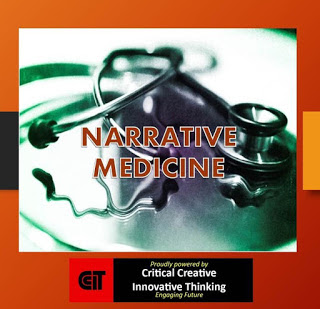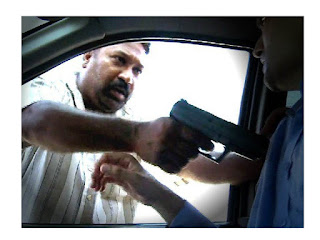Resuscitation Can Save Lives: Training the Public by Mirza Noor Ali Baig (guest writer)

I am an emergency physician, and dealing with life threatening emergencies such as sudden cardiac arrest is something I do daily. I am not a storyteller, but today I am going to tell you a story that changed my life and my attitude toward being an emergency physician altogether. It is the story of my mother.... The full narrative was published by Annals of Emergency Medicine and may be viewed at https://authors.elsevier.com/ a/1UDwsib7DumPQ [from Narrative Medicine ] CREDITS : About the Author: Dr. Mirza Noor Ali Baig completed his MBBS in 2006. Since January 2013 he has been an Instructor in the Dept. of Emergency Medicine at the Aga Khan University Hospital. His areas of interest include medical emergencies and timely resuscitation. Acknowledgement: The full narrative was published by Annals of Emergency Medicine and is available to be viewed at https://authors.elsevier.com/ a/1UDwsib7DumPQ Editorial Note: This is from a





